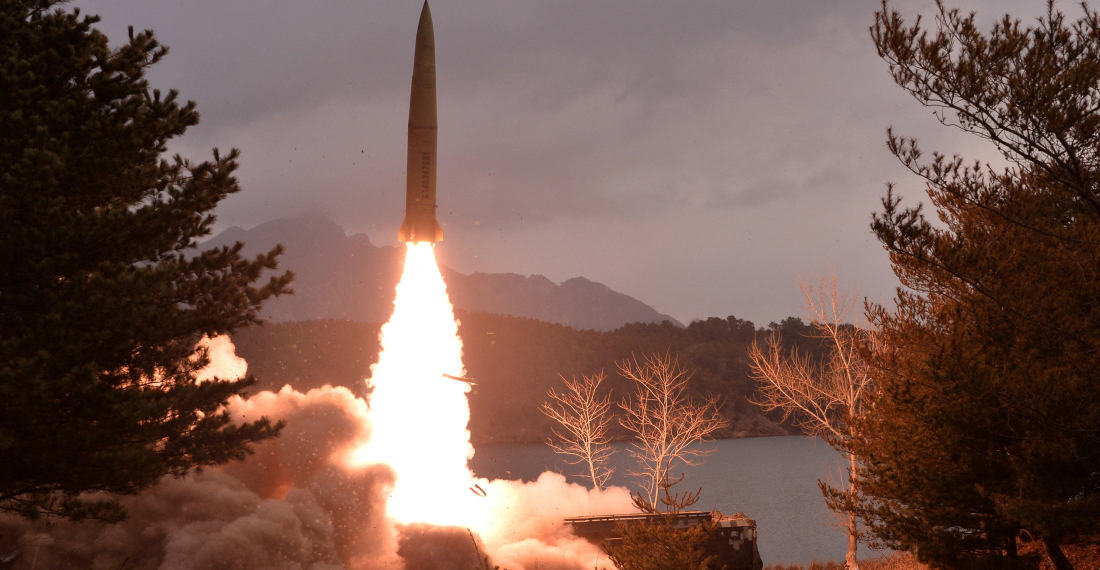In a statement issued on Tuesday (2 July), the European Union "strongly condemned" the launch of ballistic missiles by North Korea on 1 July, in further violation of UN Security Council resolutions.
"The EU reiterates its call on the DPRK to cease all illegal actions that threaten regional and international peace and security. We urge the DPRK to accept the offers of dialogue by relevant parties and to comply with its obligations under UN Security Council resolutions to abandon its nuclear weapons and ballistic missiles in a complete, verifiable, and irreversible manner.
We are also gravely concerned by deepening DPRK-Russia cooperation in flagrant violation of multiple United Nations Security Council resolutions. We reiterate our strong call on the DPRK and Russia to cease illegal arms transfers.
The EU is ready to work with all partners in promoting a meaningful diplomatic process aimed at the complete, verifiable, and irreversible denuclearisation of the Korean peninsula." the statement reads.







